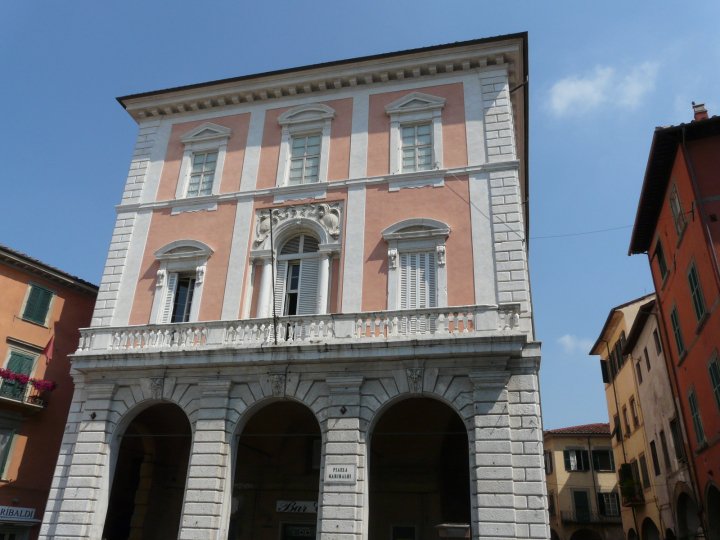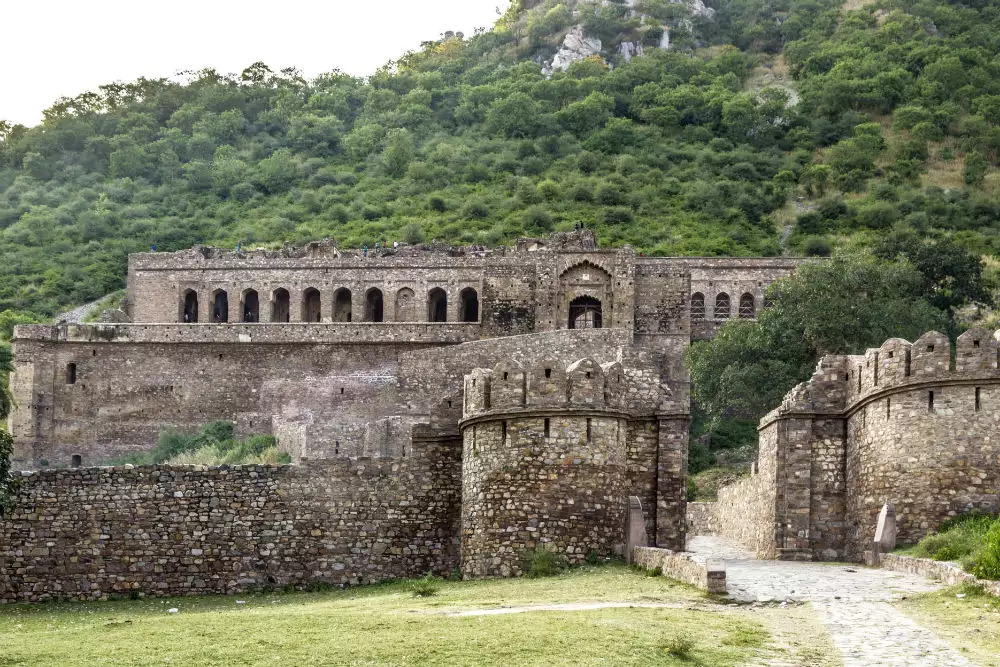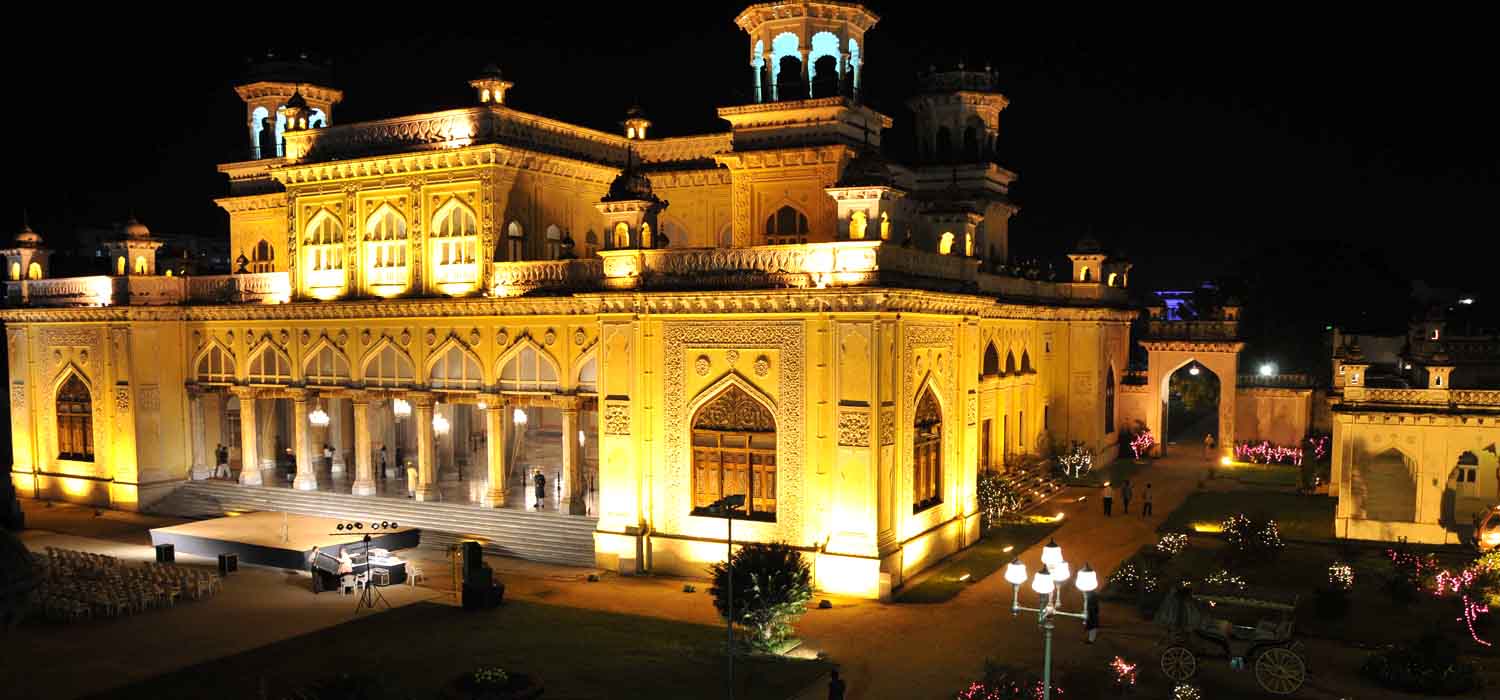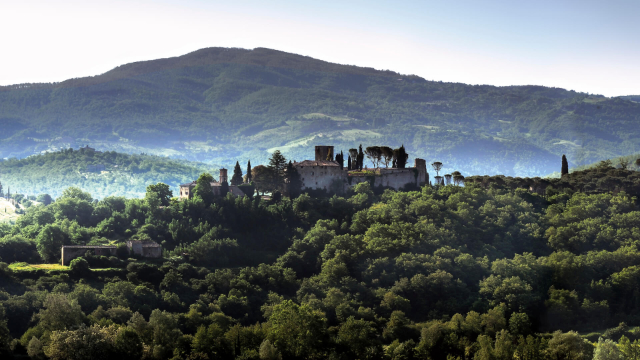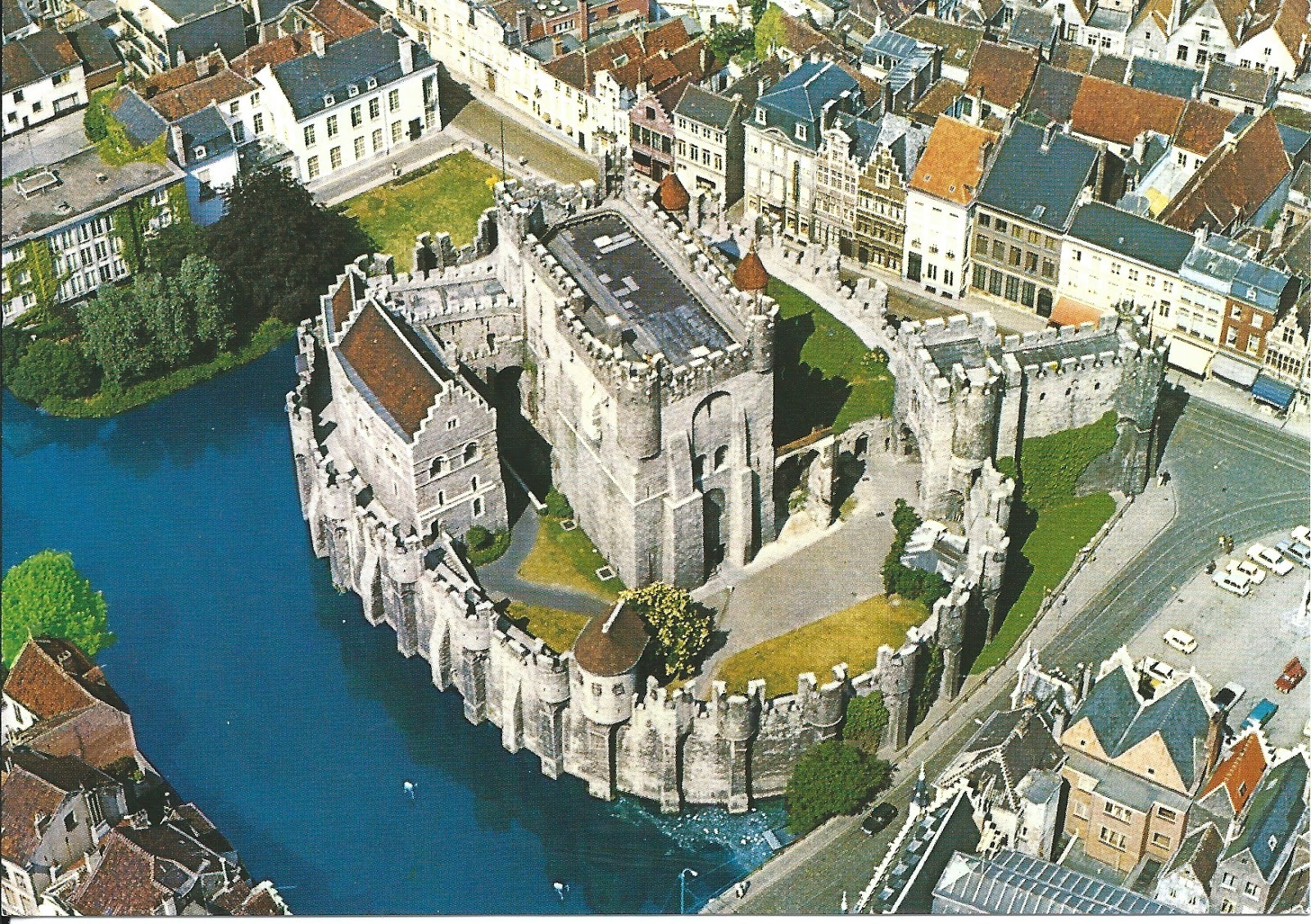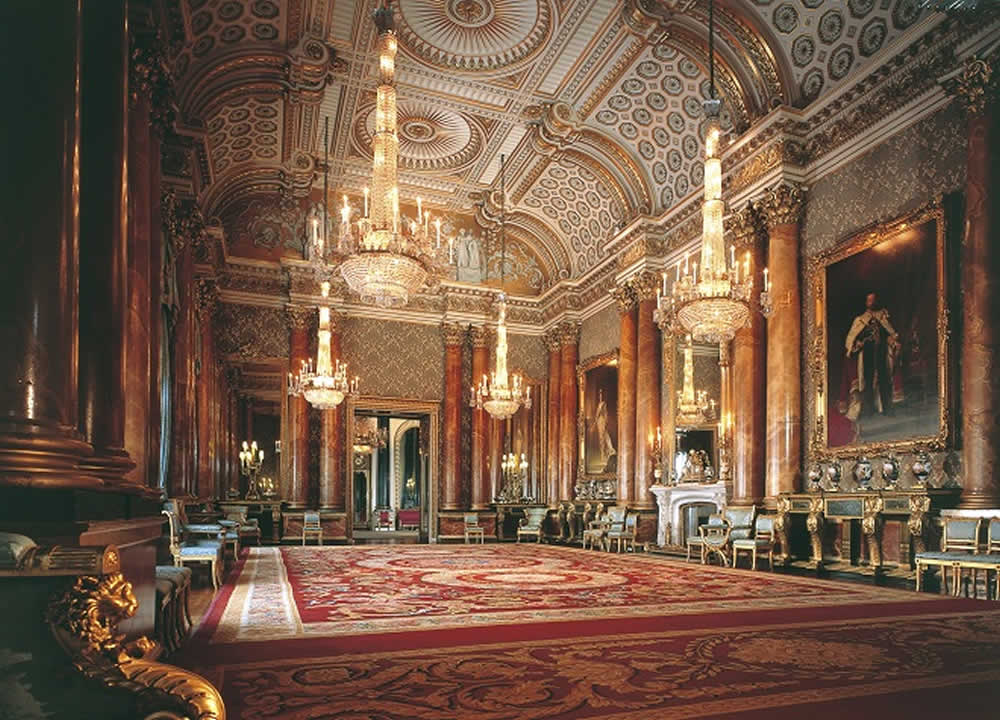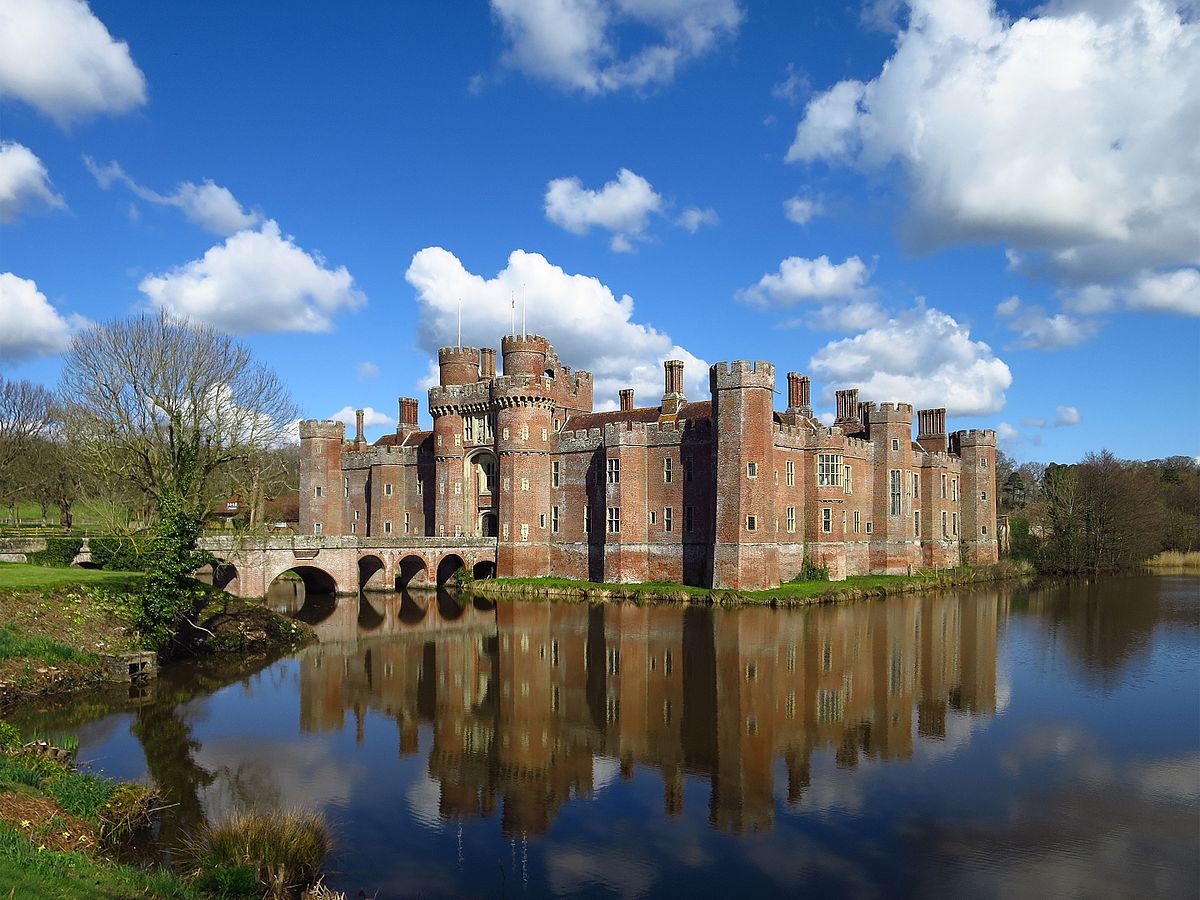The Casino dei Nobili was built in the mid-eighteenth century and was established for the recreational activities of the aristocracy. In those years Pisa and the Baths of San Giuliano were internationally renowned tourist destinations. Dance parties, gambling reunions, refreshments and salon conversations were organized for the enjoyment of the nobles and their many foreign guests, but they were a burden on the private economy of the families. So, to better correspond to the obligations of rank, the nobles thought to erect at their expense a public establishment, which involved the entire aristocracy in the management.
The building that in the square of Ponte di Mezzo belonged to the monks of Nicosia was perfect for this purpose, so it was given to the nobles and opened in 1754. The entrance was guaranteed to a restricted circle of gentlemen, ladies, officers of the army in the service of sovereigns and foreigners, the latter had to be accompanied by those who guaranteed for them the membership of the aristocratic elite.
The Casino was a place for a chosen and cosmopolitan society, however transgressions of etiquette were not lacking. Gambling was able to heat up souls and to generate conflicts even among the most task-oriented knights, so much so that the observance of a line of conduct appropriate to the noble class was a condition explicitly prescribed to be admitted. The crisis of the institute began during the Napoleonic period when the Stanze Civiche were opened, a private and bourgeois society that welcomed inside all the notables of the city without too many distinctions of status.
The Casino de Nobili resisted in decline until 1852 when, condemned to desolation for its selection criteria now anachronistic, was sold to the society of the Stanze Civiche.
(Text edited by the Historical Society of Pisa)
